Meet Eden Chen | Pianist
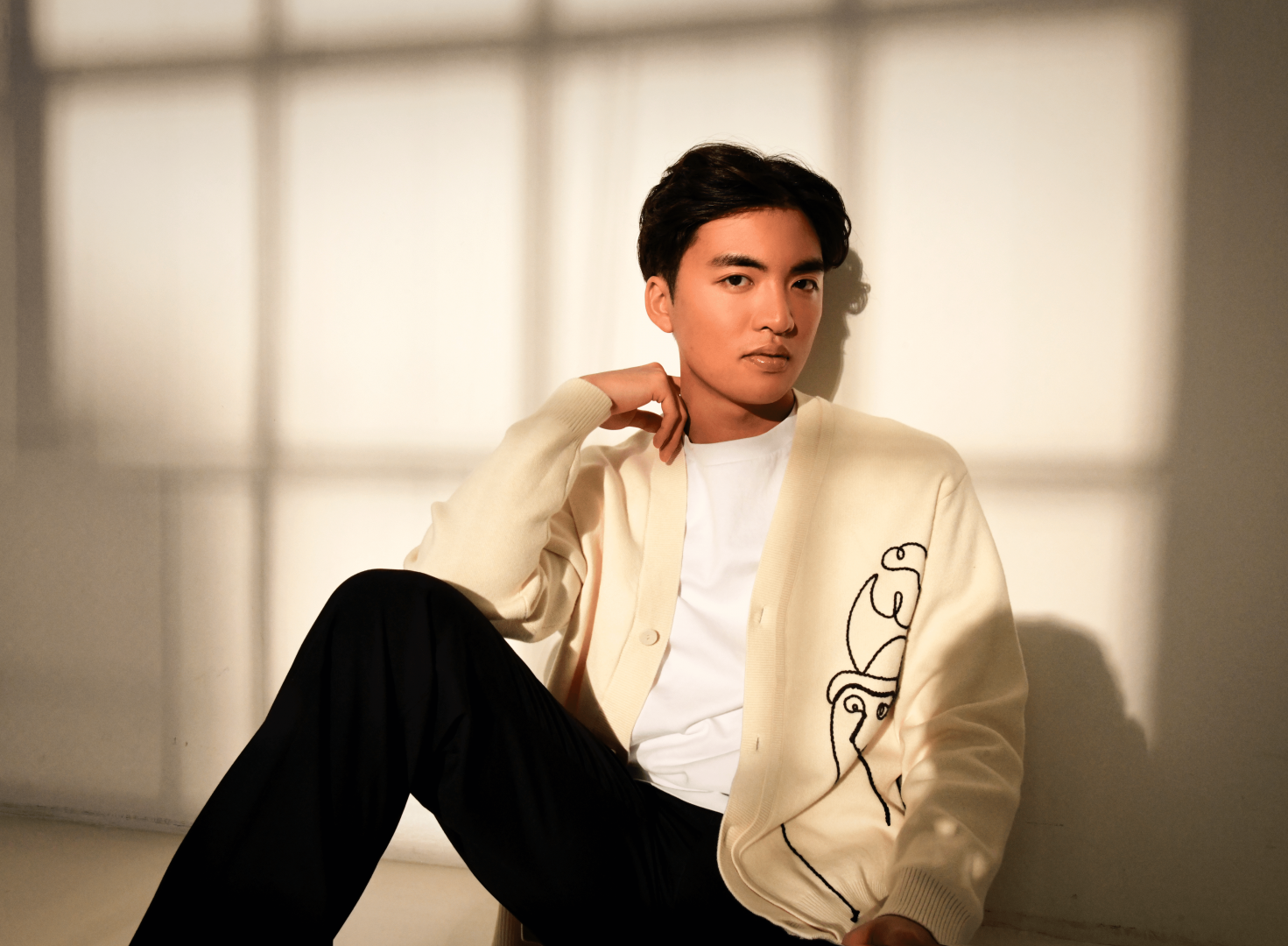
We had the good fortune of connecting with Eden Chen and we’ve shared our conversation below.
Hi Eden, what role has risk played in your life or career?
I’ve always believed the hardest choices aren’t between good and bad, but between good and good. We live in an abundance of opportunities, and the real risk is holding on too long – trying to keep every door open and ending up walking through none.
When I entered college, I tried to do it all: a double-degree in political science and economics at Columbia, and piano at Juilliard. On paper, it was the perfect hedge against music’s uncertainty. In reality, it was draining and unsustainable. By the end of my first year, I knew I couldn’t truly excel at both.
The question that cut through the noise was simple: At the end of my life, what would I regret not doing the most? The answer was immediate: music. Transferring full-time to Juilliard was a bit terrifying – I was giving up a safer path I had worked hard to preserve – but the moment I chose, I felt freer.
That freedom, though, came with responsibility. Leaving school, I realized I didn’t fully belong in the traditional structures of classical music. To create the art I believed in, I had to step outside competitions, standard recital formats, and the audiences I knew how to reach. It meant building new relationships with presenters, venues, and executives who resonated with my vision, even if it meant abandoning the systems I was trained for.
When I’m steering the ship alone, I can’t predict the outcome of every decision. But I’ve learned that risk isn’t about recklessness – it’s about the courage to align your choices with what you value most, even if it means letting go of something good.
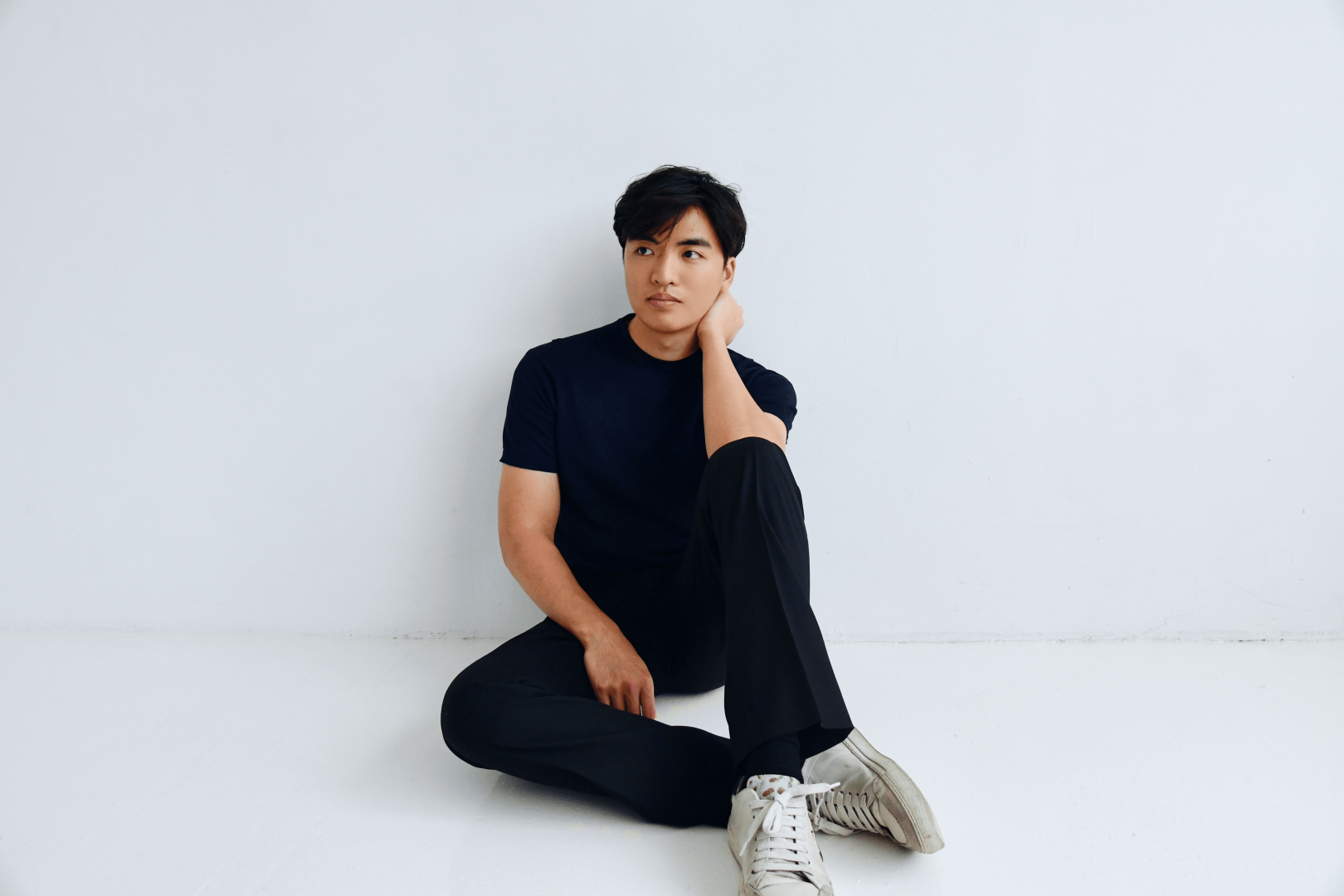
Can you open up a bit about your work and career? We’re big fans and we’d love for our community to learn more about your work.
Today’s world overwhelms us with fragments—cultures, stories, and media colliding from across time and geography. At the same time, modern life often feels stripped of meaning. I don’t simply play classical music; I use its versatility as a vessel to weave together these fragments, renewing curiosity and creativity in my audiences.
I’ve combined English mythological epics with Spanish surrealist art, and Californian poetry with jazz harmonies. My upcoming album, inspired by the films Blade Runner and Solaris, explores memory through the lens of French composer Ravel’s music alongside my own solo arrangements of Ryuichi Sakamoto’s music.
Reaching this voice wasn’t easy. Classical training gave me rigor and craft, but little space for individuality or exploration. Many young musicians graduate believing that playing the same works, in the same formats, will let the music speak for itself. When I left school, I realized that wasn’t enough for me. I wanted to bring in the influences that gave my own life meaning—and to share them with listeners. That choice took courage. It meant stepping outside the traditional canon, closing the door on competitions and some of the ready-made audiences of the classical world. It meant starting from scratch to find the listeners and professionals who resonated with my vision, with no clear roadmap. So I taught myself what school never covered: the economics of music distribution, the data behind audience-building, the intricacies of licensing and recording law. I sought mentorship from industry leaders and immersed myself in what it takes to actually bring an idea from concept to finished experience for an audience.
I’m still early in this journey. But while there may never be a fixed map, I have a compass: my belief that culture is a reflection of what we treasure in life. Through fragments of culture, my music seeks to uncover the wonder that quietly permeates the disconnected moments of human experience.
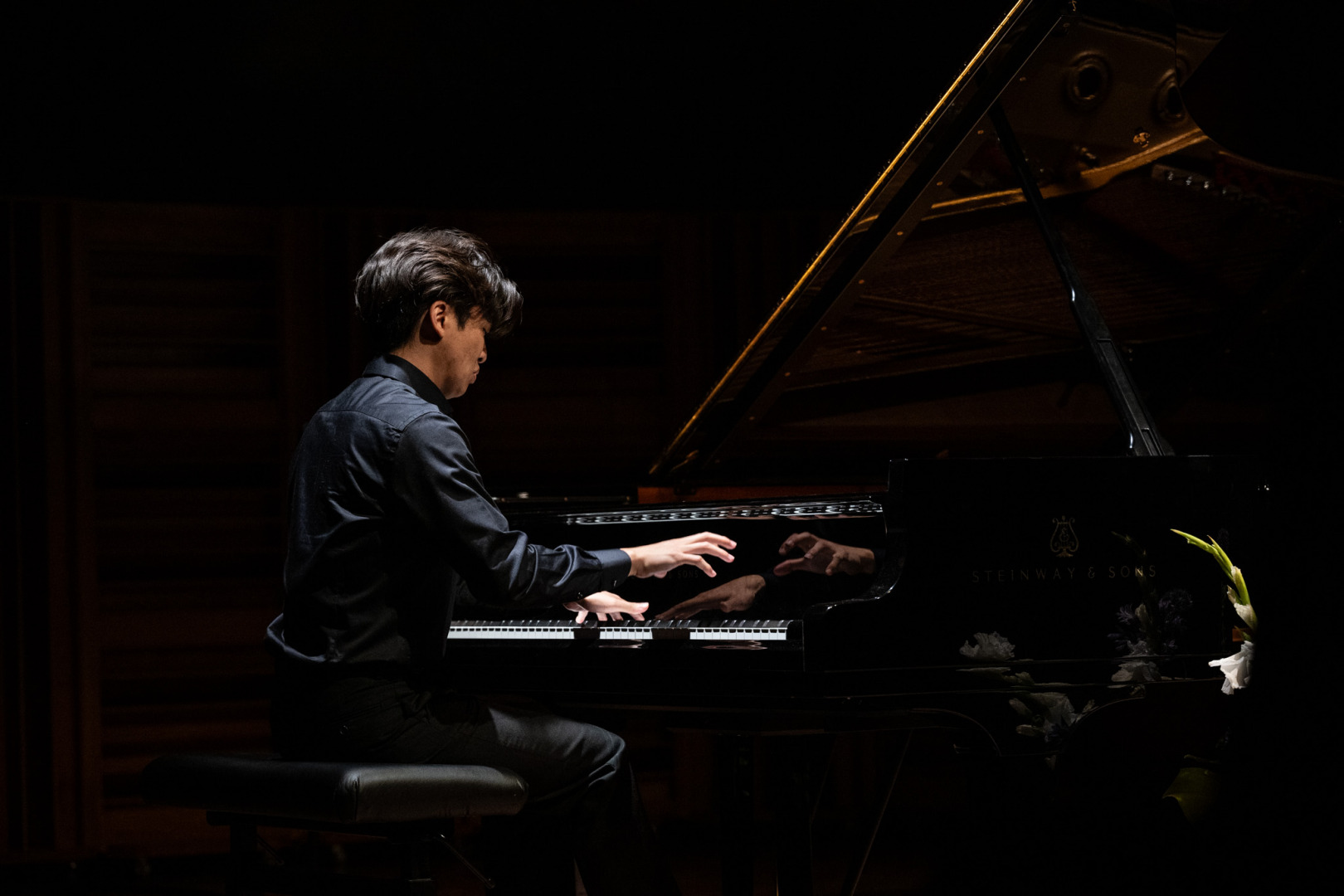
Let’s say your best friend was visiting the area and you wanted to show them the best time ever. Where would you take them? Give us a little itinerary – say it was a week long trip, where would you eat, drink, visit, hang out, etc.
I love the Huntington Gardens – when in season, the rose garden is gorgeous, and the newer Chinese garden is done gorgeously and authentically, very much like ones I’ve visited in China. They’ve also got a relaxed afternoon tea service in the rose garden, and if you’re looking for something even more extravagant, the Peninsula Hotel is fantastic.
There’s some cutting edge cafes in LA’s Koreatown, not to mention the best Korean food. Particularly fun is Elorea, a Korean fragrance maker that has a sniff and sip concept pairing drinks with fragrances. MemoryLook is another popular Ktown option, with some creative drinks that attracts a pretty street-conscious crowd. A fantastic spot in Pasadena is Jones Coffee Roasters. Tons of old-town charm, and live jazz music too.
My favorite beaches are Laguna and Corona del Mar, and I typically like to stop at Cucina Enoteca for a great Italian dinner in their large covered outdoor dining area. Of course there’s also Urth Cafe, a classic in the area. If you’re into art and antiques, there are a lot of interesting finds in the small boutiques and galleries along this strip of coast as well!
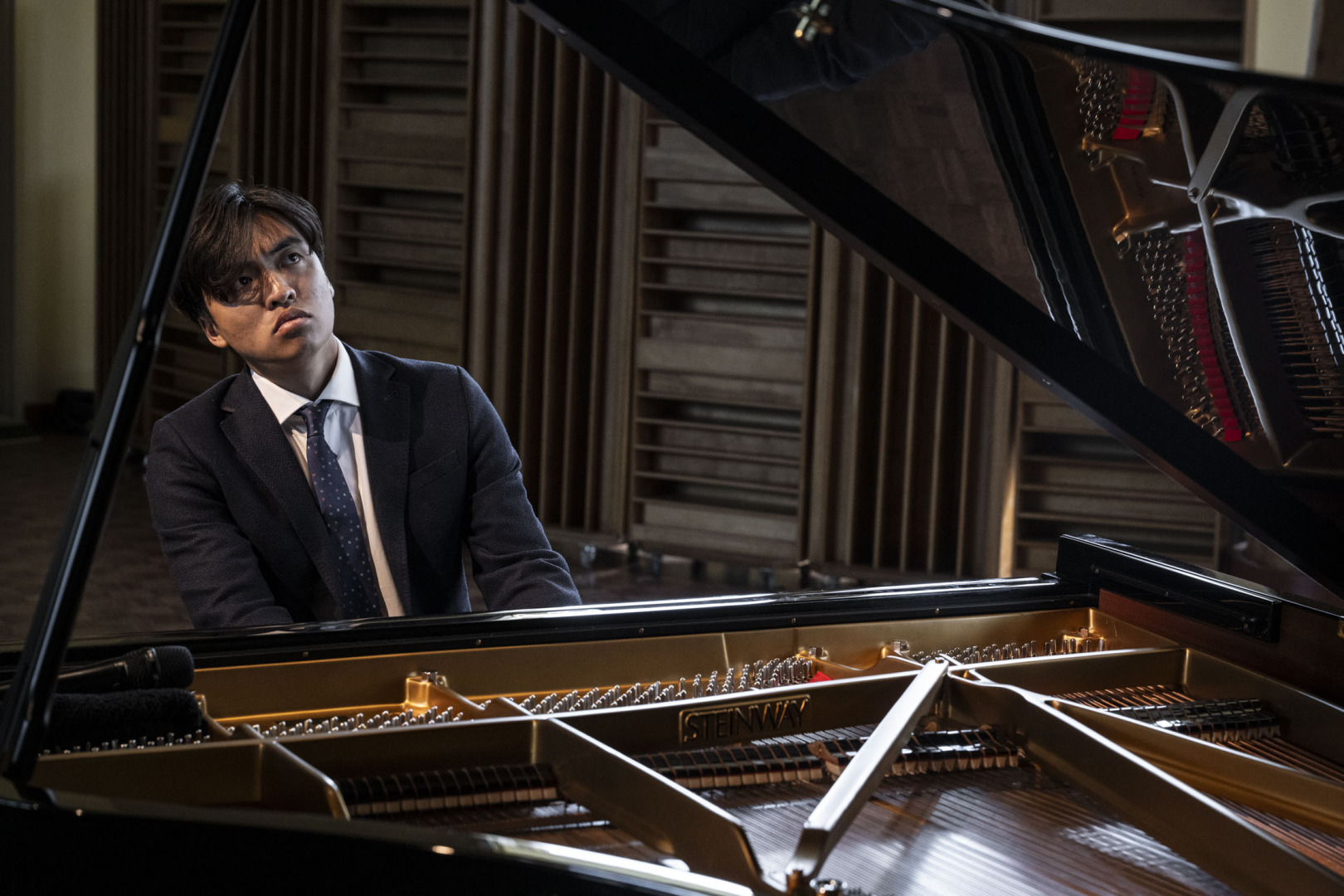
The Shoutout series is all about recognizing that our success and where we are in life is at least somewhat thanks to the efforts, support, mentorship, love and encouragement of others. So is there someone that you want to dedicate your shoutout to?
I’d like to shoutout my parents who’ve put in so much time, energy and resources towards my music education and life.
Also, a lot of gratitude to Lang Lang and Lukas Barwinski-Brown, CEO of the Lang Lang International Music Foundation. Both have been incredible mentors and have been the guiding force behind much of my musical and professional growth.
I would also thank the other mentors in my musical journey: Gabriela Montero, Hung-Kuan Chen, Jerome Lowenthal, Rufus Choi, Ory Shihor and Elena Makarova.
Website: https://edenchenmusic.com
Instagram: @edenchenmusic
Youtube: https://www.youtube.com/@edenchen5826
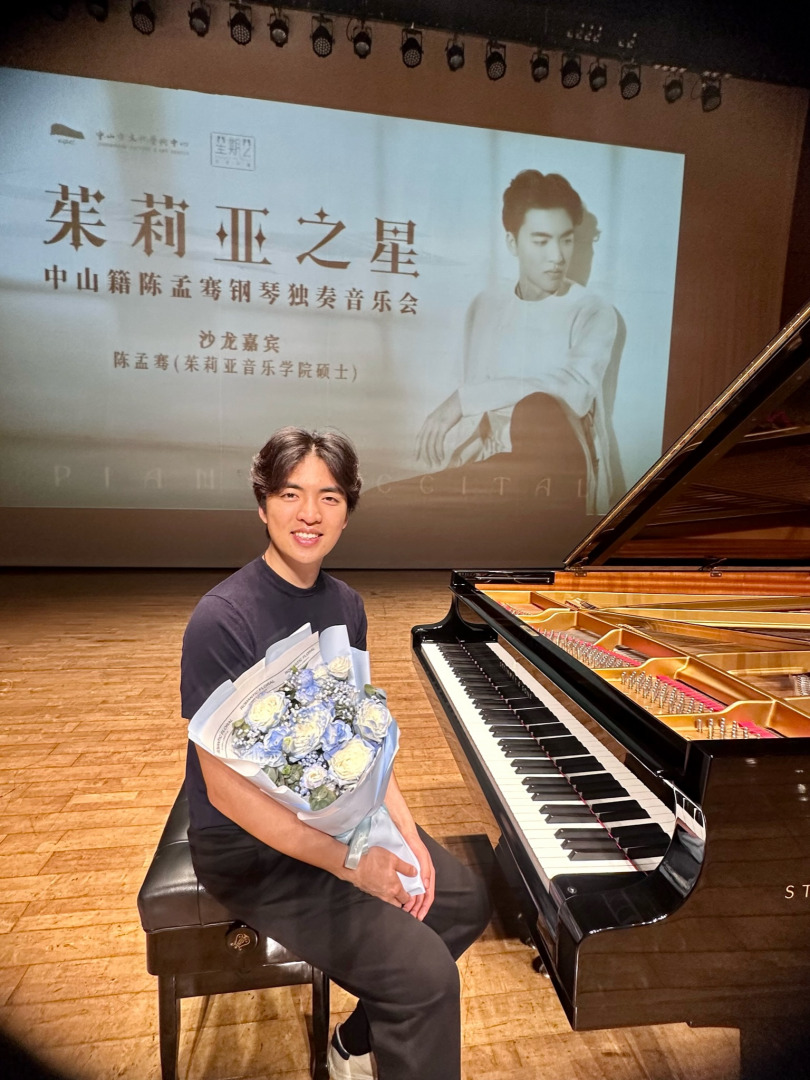
Image Credits
Shervin Lainez
Rita Taylor
